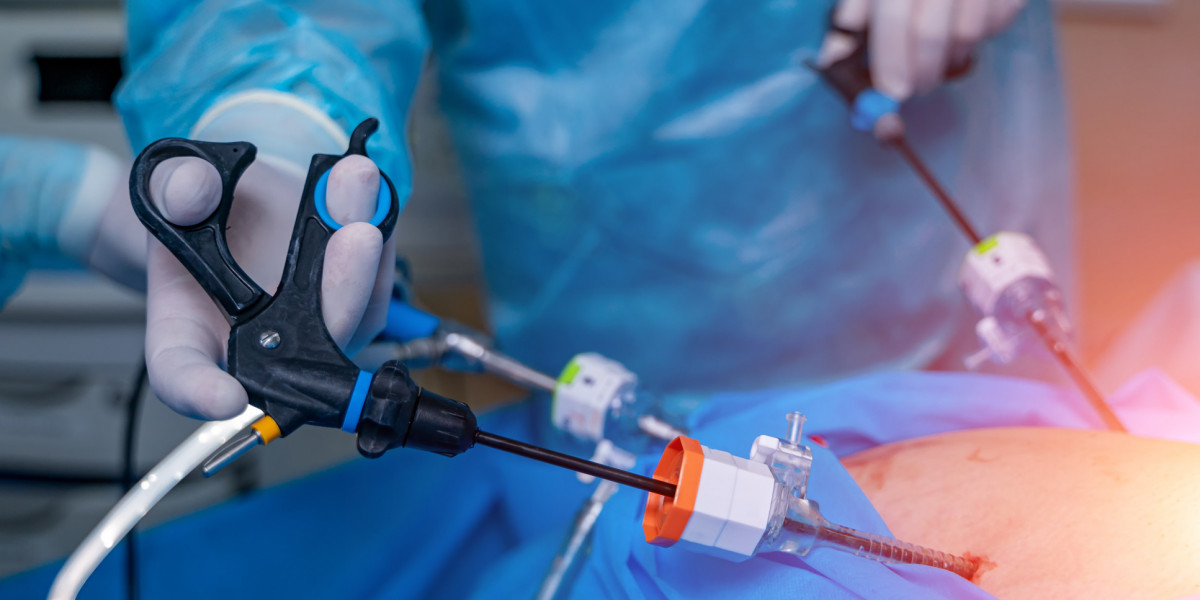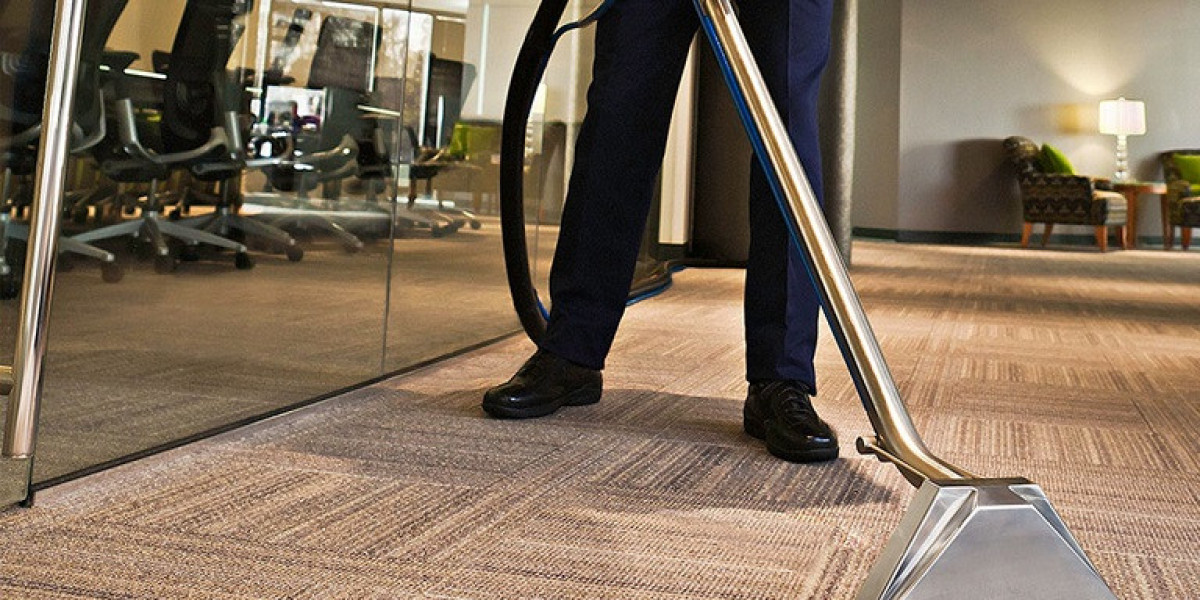Bariatric surgery has become an important treatment for obesity and obesity-related health conditions. Among the most commonly performed procedures are sleeve gastrectomy and gastric bypass. Both surgeries help patients achieve significant weight loss and improve metabolic health, but they differ in technique, outcomes, and long-term considerations. For patients in Islamabad considering bariatric surgery, understanding the differences between these procedures is essential for making an informed decision. Bariatric Surgery in Islamabad offers advanced weight loss solutions with expert surgeons and comprehensive post-operative care.
Sleeve Gastrectomy
Sleeve gastrectomy, also known as vertical sleeve gastrectomy, involves removing approximately 70–80% of the stomach, leaving a narrow tube or “sleeve.” This limits the amount of food the stomach can hold and reduces hunger by affecting hormones that control appetite.
Benefits of Sleeve Gastrectomy
Simplicity and Safety: The procedure is technically simpler than gastric bypass, with fewer surgical risks and a lower complication rate.
Rapid Weight Loss: Patients typically experience significant weight loss within the first 12–18 months.
Hormonal Benefits: Removal of part of the stomach reduces ghrelin, a hormone that stimulates appetite, helping patients feel full sooner.
Preservation of Digestive Function: Since the intestines are not rerouted, patients generally have fewer issues with nutrient absorption and fewer vitamin deficiencies compared to gastric bypass.
Shorter Hospital Stay and Recovery: Patients often recover more quickly and can return to normal activities sooner.
Considerations and Limitations
Moderate Malabsorption: Unlike gastric bypass, sleeve gastrectomy does not significantly alter nutrient absorption, which can be both an advantage and a limitation for long-term weight maintenance in some patients.
Weight Regain: Some patients may experience gradual weight regain if lifestyle habits are not maintained.
Acid Reflux: Sleeve gastrectomy can exacerbate or cause acid reflux in some individuals. Patients with pre-existing severe gastroesophageal reflux disease may require careful evaluation.
Gastric Bypass
Gastric bypass, most commonly the Roux-en-Y procedure, involves creating a small stomach pouch and rerouting the small intestine so that food bypasses a portion of the stomach and upper intestine. This procedure reduces calorie absorption and affects gut hormones, contributing to weight loss and improvement of metabolic conditions.
Benefits of Gastric Bypass
Significant Weight Loss: Gastric bypass generally leads to slightly greater weight loss compared to sleeve gastrectomy, particularly in patients with higher body mass index (BMI).
Metabolic Improvements: It is highly effective in resolving type 2 diabetes, hypertension, and high cholesterol due to hormonal changes and nutrient absorption alterations.
Long-Term Effectiveness: Gastric bypass has a strong track record of maintaining weight loss over the long term when combined with proper follow-up and lifestyle management.
Considerations and Limitations
Complexity and Risks: Gastric bypass is technically more complex, with higher risks of surgical complications such as leaks, infections, or internal hernias.
Nutrient Deficiencies: Because part of the intestine is bypassed, patients require lifelong vitamin and mineral supplementation to prevent deficiencies in iron, calcium, vitamin B12, and fat-soluble vitamins.
Lifestyle Commitment: Strict adherence to dietary guidelines, portion control, and supplementation is essential to avoid complications and ensure sustained results.
Longer Recovery: Patients may require a slightly longer hospital stay and recovery period compared to sleeve gastrectomy.
Factors to Consider When Choosing
Patients in Islamabad should consider multiple factors when deciding between sleeve gastrectomy and gastric bypass:
1. Body Mass Index (BMI) and Obesity Severity
Gastric bypass may be recommended for patients with higher BMI or severe obesity-related conditions due to its slightly greater weight loss potential.
Sleeve gastrectomy is often suitable for patients with moderate obesity or those seeking a less invasive option.
2. Presence of Comorbidities
Patients with type 2 diabetes, severe acid reflux, or significant metabolic disorders may benefit more from gastric bypass.
Sleeve gastrectomy may be preferred if reflux is not a concern and nutrient absorption should be preserved.
3. Surgical Risk and Recovery
Patients who want a shorter recovery and lower immediate surgical risk may lean toward sleeve gastrectomy.
Those willing to accept a more complex surgery for potentially greater metabolic benefits may choose gastric bypass.
4. Lifestyle and Follow-Up Commitment
Both procedures require long-term lifestyle changes, but gastric bypass demands more rigorous vitamin supplementation and monitoring.
Patients must be ready to attend follow-up appointments, adhere to diet plans, and maintain physical activity for sustained success.
5. Personal Preference and Surgeon Recommendation
Consultation with a bariatric surgeon in Islamabad is critical. Surgeons assess individual health, anatomy, comorbidities, and personal goals to recommend the most suitable procedure.
Conclusion
Choosing between sleeve gastrectomy and gastric bypass in Islamabad involves weighing the benefits, risks, and long-term implications of each procedure. Sleeve gastrectomy offers a simpler, less invasive option with rapid weight loss and preserved digestive function, while gastric bypass provides slightly greater and more durable weight loss along with stronger metabolic improvements but requires lifelong supplementation and carries higher surgical risks. Ultimately, the decision should be personalized, guided by medical assessment, patient preferences, and readiness to commit to long-term lifestyle changes. Both procedures, when performed by skilled surgeons and followed by structured post-operative care, can significantly improve health, quality of life, and long-term weight management outcomes.













